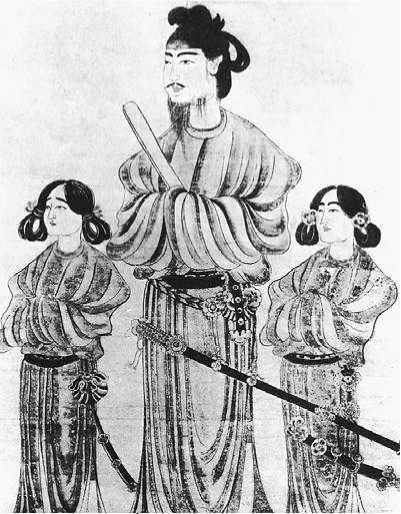Books
Grousset, Rene. The Epic of the Crusades. Translated by Noel Lindsay. New York: Orion Press, 1970.
Kernaghan, Pamela. The Crusades: Cultures in Conflict. New York: Cambridge University Press, 1993.
Kuskin, Karla. Jerusalem, Shining Still. Illustrations by David Frampton. New York: Harper & Row, 1987.
Martell, Hazel. The Normans. New York: New Discovery Books, 1992.
Rice, Chris and Melanie Rice. Crusades: The Battle for Jerusalem. New York: DK Publishing, 2000.
Walker, Kathrine Sorley. Saladin: Sultan of the Holy Sword. London: Dobson, 1971.
Web Sites
"The Fall of Jerusalem, 1099." [Online] Available Http://www. hillsdale. edu/dept/History/Documents/War/Med/Crusade/1099-Jerusalem. htm (last accessed July 26, 2000).
"First Crusade." [Online] Available Http://members. xoom. com/_XMCM/ doru_gavrilZcrusadegen. htm (last accessed July 26, 2000).
"A History and Mythos of the Knights Templar—Saladin." [Online] Available Http://intranet. ca/-magicworks/knights/saladin. html (last accessed July 26, 2000).
"ORB—Crusades." ORB: The Online Reference Book for Medieval Studies. [Online] Available Http://orb. rhodes. edu/encyclop/religion/crusades/ Crusade_Intro. html (last accessed July 26, 2000).
"Saladin." [Online] Available Http://i-cias. com/e. o/saladin. htm (last accessed July 26, 2000).
Shotoku Taishi
Born 573 Died 621
Japanese prince and regent

Like Clovis in France (see entry) and Toghril Beg in Turkey (see box), the Japanese prince Shotoku Taishi (shoh-TOH-koo ty-EE-shee) can rightly be called "the father of his country." As regent or advisor to the empress, he held the true political power in Japan, and exercised it to initiate a series of reforms that affected virtually every aspect of Japanese life.
In the realm of law and government, Shotoku is credited as the author of the "Seventeen-Article Constitution," a document that provided the governing principles of Japanese society. These principles were a combination of Japan's native Shinto religion and two belief systems, Buddhism and Confucianism, imported from China. The widespread acceptance of those "foreign" ideas, and their incorporation into Japanese culture, can largely be attributed to Shotoku, who remains one of Japan's most highly esteemed historical figures.




 World History
World History









